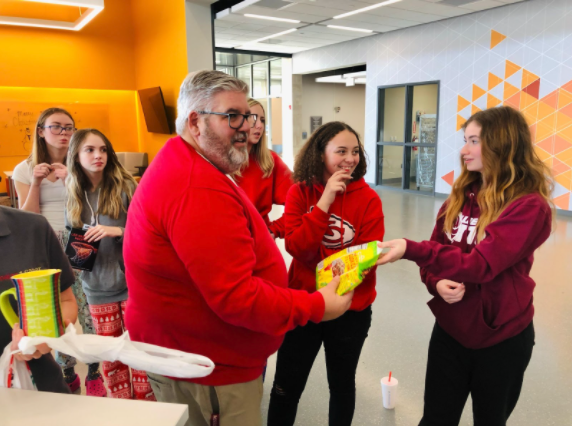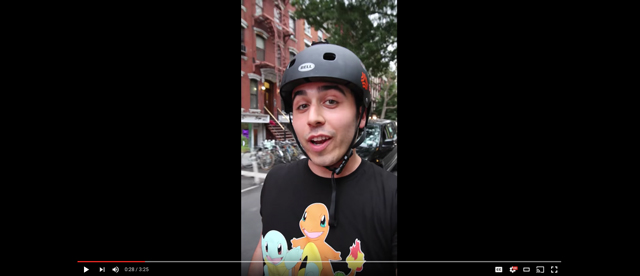5 tips to battle burnout for advisers and their journalists

In order to get a “pulse” on how your journalists are feeling, consider an editor meeting somewhere outside of school to start the semester or before/after a break in your semester. These conversations can be instrumental in your planning and to know how you can help your students as an adviser during this difficult time.
From subbing on your plan period to sources not emailing your student journalists back about interviews (yet you see them in the hallways?) we as student media advisers have been forced to deal with variables this school year that are causing additional stress outside of our normal school hours.
How can you keep morale high with your journalists? How can you sustain engagement and keep your staffers “locked in” on crafting high quality content and the goals you set at the beginning of the year or just a week or two ago?
Here are five tips that can help alleviate stress, create some excitement in your classroom and keep advisers and students enthusiastic to be in the classroom together.
Tip #1-Great communication advances collaboration.
Have a weekly meeting with your editors at a coffee shop. Check in on your editors about how their classes are going. Talk to your leaders about what THEY are seeing out of other staffers on your team. Consider giving a true “off” day between work cycles and take your staff to a local business where you can have conversations about things OTHER than your classroom and the publication. This is relationship building 101 and allows you a true “check-in” to see how your kids are doing. Improving relationships translates to better content, improved teamwork and collaboration in your journalism room.
Tip #2-Deadlines don’t have to be the endgame.
This year, I’ve felt like a new adviser at times when adjusting deadlines and have been more flexible than the past 3-4 years combined. Acknowledge there are things going on outside of your control and your students aren’t just stressed and tense at school, but their everyday life in general. When things go south for your students while working on projects, consider extending a deadline a day or two to take one thing off their possibly “heaping” life plate. Our students need to learn compassion, flexibility and decency right now just as much as learning how to make a deadline. As an adviser, extending a deadline could be that one small thing to help you reach that Friday finish line as well!
Tip #3-“To infinity and beyond” recognizing superior effort.
It may be time to create a weekly award recognizing the effort of new or improved staffers in your class. Consider your own “in-class” monthly contest with a specific prompt to get the competitive juices flowing. Create a new task for your web editor in creating an “awards and recognition” section on your news website where the community and parents can see the achievements of your student journalists. Have your graphic designers create a photo-inspired “Best Shots” wall in your classroom with the best visuals from the previous semester. If there is a time to recognize extra effort from students and great content (this will take extra effort and time from advisers and editors) the time is NOW. You not only create a standard for high quality work, you can motivate new and inexperienced journalists to improve their own work as well!

Prior to a break, make sure to go above and beyond to connect with your journalists through class parties, field trips and find ways as a group to celebrate your success. With the final day of the fall semester, we did a white elephant gift exchange with enough Five Below gifts for 40+ staffers that was one of the best bonding experiences of the year for our OneMaize Media team.
Tip #4-One day at a time….seriously.
What you thought January 2022 would look like back in November is probably very different from reality. It’s important to take a MICRO look at your day to day and to truly take planning, assignments and instruction one day at a time. Don’t spend so much time worrying about things that are completely out of your control. Continue to motivate kids, but don’t beat yourself up that evening if you fall short of your teaching expectations or the final product your students created isn’t up to standards. Make sure 10-20% of your time in class is spent building relationships and not just building essential journalism skills.
Tip #5-Troubleshoot with “people” in mind.
There may not be another subject/class in our high schools more affected by “people” variables than our student journalists. Your students will send emails that get ignored. They will feel disappointed when a source doesn’t show up for an important interview. It can be an important life lesson to walk them through WHY these things are happening and to show them not to take dropped interviews and “people” problems personally and that these things are happening more often this year than usual. We are not only building resumes this year but character, grit, determination and perseverance!




